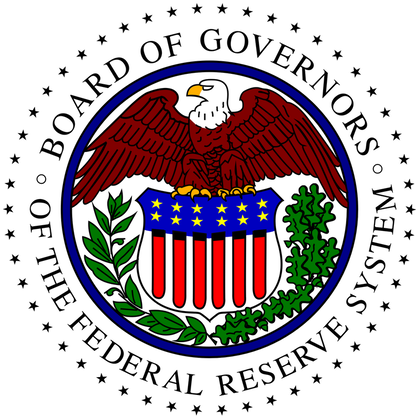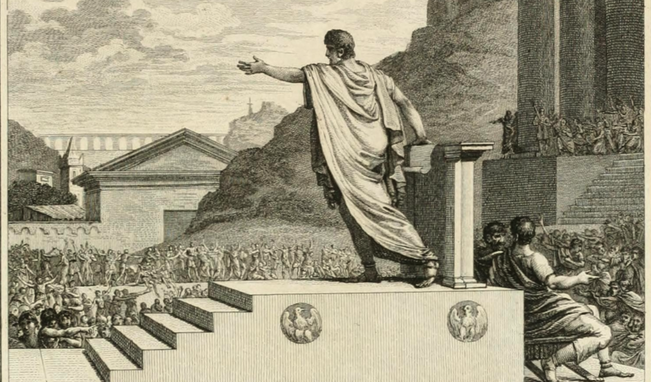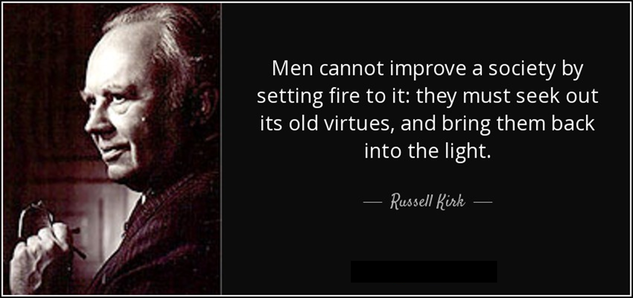|
According to Senator Rand Paul, auditing the Federal Reserve is a fiscal necessity and a congressional imperative. That is why he has reintroduced the “Federal Reserve Transparency Act” (referred to as “Audit the Fed”) as his first legislation of 2024.
“Imagine a financial behemoth at the center of the biggest economy on the planet. It secretly pulls the strings of America’s fiscal destiny, and the consequences of its actions ripple through the lives of countless individuals, yet its inner workings are almost entirely unknown and not subject to any form of checks or balances. This is not the plot of a dystopian novel but the current reality of America’s Federal Reserve system.” According to the Senator, now is the time to bring this financial giant into the light. While I totally agree, I would advise the Senator to be very careful, as many before him have met a disastrous fate when challenging the Central Bank. Among them, four US Presidents whose lives were cut short by assassins who were killed “before they got their day in court.”
0 Comments
History teaches us that the true guardians of democracy are not state supreme courts or rogue lawmakers, but the people themselves.
In a landscape where the law and politics intertwine, Colorado and Maine’s decision to bar former President Donald Trump from their primary ballots resonates deeply within the heart of American democracy. This isn’t a mere legal maneuver; it’s a high-stakes dance on the tightrope of American electoral politics, balancing constitutional law and political strategy. At the heart of these decisions lies the rarely invoked insurrection clause of the 14th Amendment, a relic from the Civil War that now gains newfound significance. Essentially, it prohibits individuals who have actively worked against the Constitution through insurrection from holding any government position. Ultimately, this issue forces us to ponder how, as a nation, we determine who ascends to the highest echelons of leadership and who does not. It’s a question that doesn’t merely seek an answer; it demands profound introspection and contemplation about the very essence of our self-government. If Kirk were alive today, he would agree with those who are now critical of the neocons for having abandoned their conservatism in favor of an imperialistic and globalist ideology.
While a handful of writers and thinkers before him had adopted the term “conservative” and promoted it in their writings, like Peter Viereck in the 1940s, it was the publication of Russell Kirk’s The Conservative Mind in 1953 that brought the term into public parlance and prominence. Michael Federici gives a brief but insightful introduction to the newly rereleased version of The Politics of Prudence, Kirk’s collection of essays first published in 1993 after the collapse of the Soviet Union and the end of the Cold War. The work attempted to present conservatism anew in an age now free from the ideological struggle of the Cold War. Conservative Character Federici notes that Kirk understood conservatism to be “a disposition of character rather than a collection of reified, abstract political doctrines. It is the rejection of ideology rather than the exercise of it.” This, too, is the understanding of conservatism laid out by the champion of conservatism in the 21st century, my former teacher Sir Roger Scruton. This understanding may help one realize why conservatism fails as an ideology — because it is not an ideology. As Kirk humorously notes early on in one of the early chapters of this book, conservatives who attempt to ideologize conservatism make the first and most egregious error in understanding conservatism. |
AuthorBill Olson Archives
April 2024
Categories
All
|





 RSS Feed
RSS Feed
